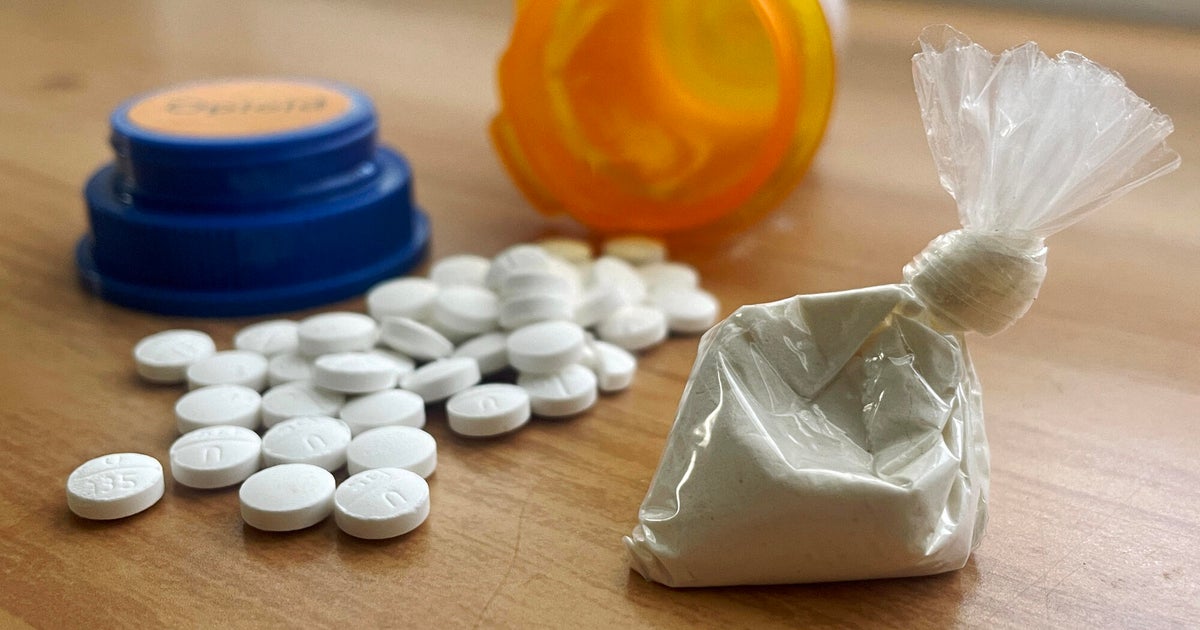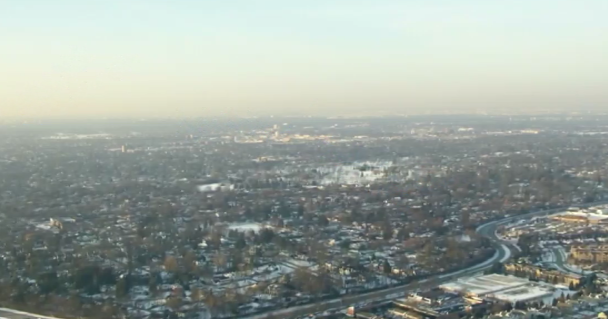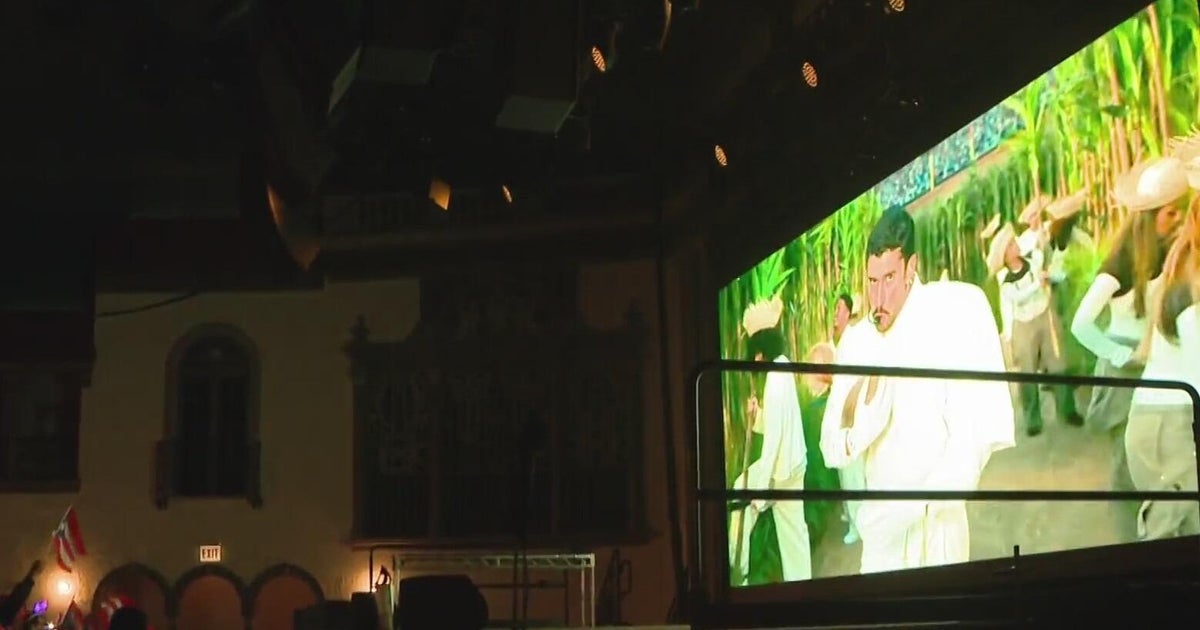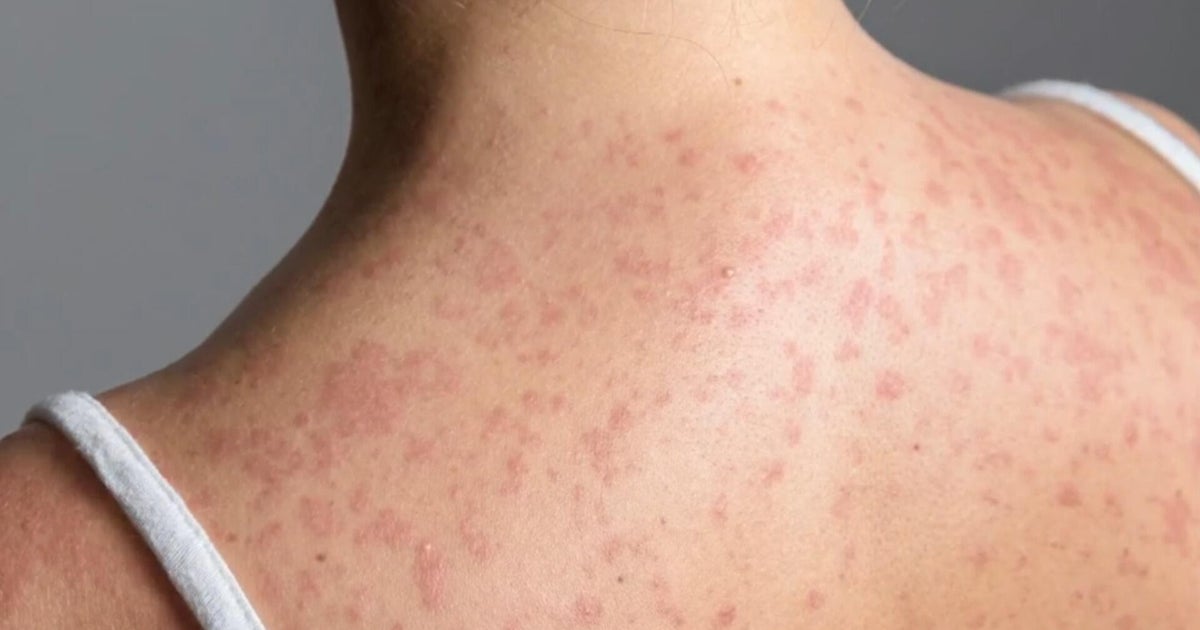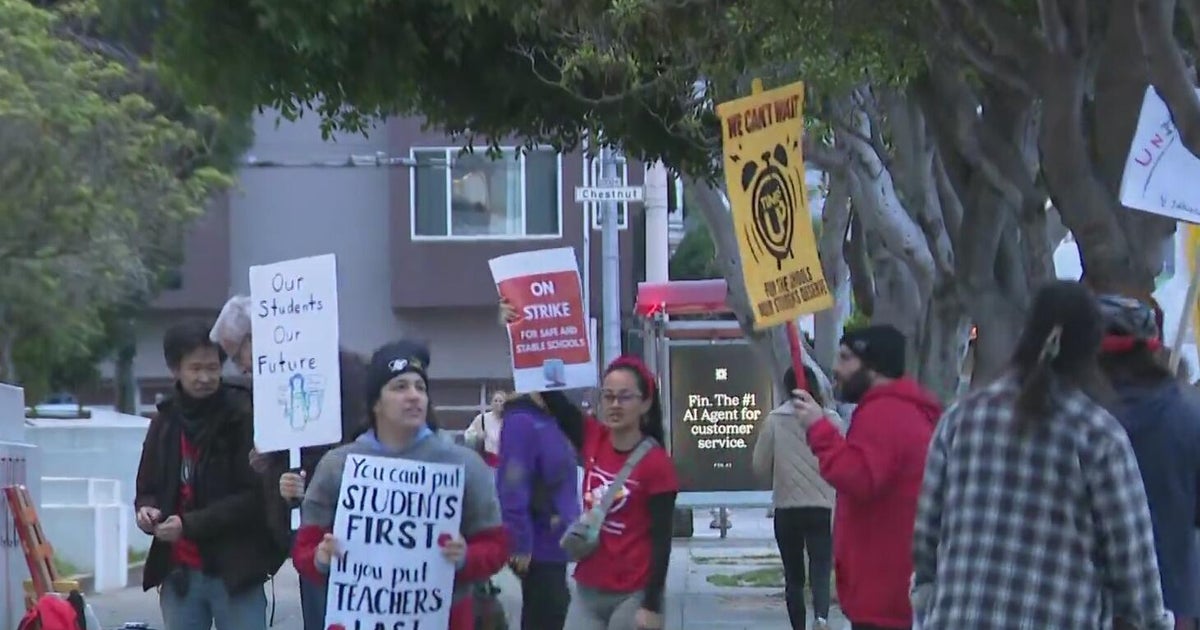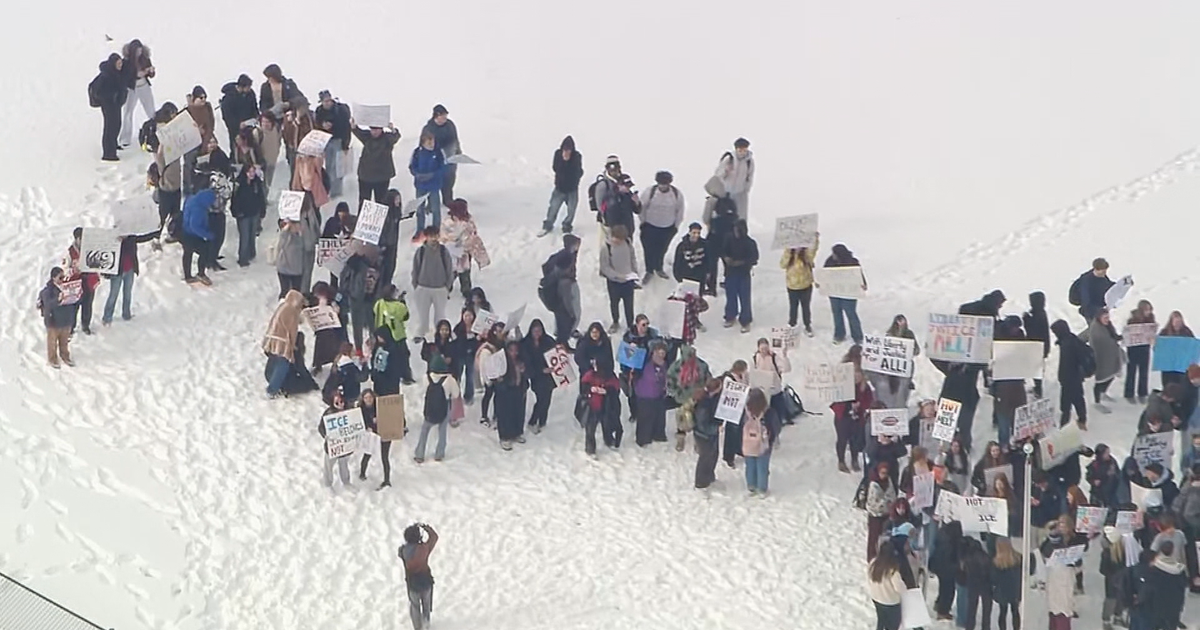Spike in opioid overdoses in Chicago has officials concerned, preparing for summer
CHICAGO (CBS) -- Chicago public health officials have sounded the alarm after a rise in drug overdoses this past weekend.
The worry and fear is the number of overdoses will continue to increase – as has happened in Chicago in the past summer months. A plan to combat the overdose crisis involves new strategies from the city and state.
This comes as the Centers for Disease Control and Prevention reports an overall decrease in opioid overdose deaths across the country for the first time since 2019.
"We're seizing record amounts of fentanyl – both in powder and pill forms - along with the other illicit narcotics," said Luis Agostini, public information officer for the Chicago Field Division of the Drug Enforcement Administration.
Agostini not only credits seizures, but holistic approaches.
"That includes making tools like Narcan easily available and widely accessible - improving access to treatment and recovery," he said.
For Chicago, 2021 was the all-time high with more than 1,400 overdose deaths.
"We are sort of stabilizing at a historic high, but the fact that it is not continuing to go up is reassuring," Dr. Jenny Hua, medical director of behavioral health for the Chicago Department of Public Health.
But some numbers lately are not reassuring at all. On Saturday, May 11, there were 50 opioid-related EMS responses. From May 10 to May 15, there were a total of 242 opioid-related EMS responses.
It is unknown if any of the patients who required these responses died, and if so, how many.
"It's not surprising to us, at least, that we are seeing this spike at this time of the year," said Hua. "Could we have predicted that it would happened this past weekend? No."
Similar spikes have occurred in June, July and August over the last three summers.
"Over 50 is when we spike a red alert - and that's the threshold that we crossed on Saturday over a 24-hour period. "But we continue to see overdoses spike in the past few days – just not as high. And this continues to be an important public health issue that I am glad we are talking about."
Not only are public health officials talking about the issue – they are doing something about it, by taking samples during the outbreak to provide better clinical guidance. And as the summer begins, reversal drugs and preventative substance abuse treatment are also priorities.
"Our main call of duty is to prevent overdoses before they occur," said Hua.
Summer initiatives include Naloxone. The reversal drug is free at Chicago libraries, and from five city vending machines.
Testing strips are also readily available – as well as community education. A preventative treatment called the Medicated Assistance Recovery N Ow program is also available to Illinois residents over the age of 18.
